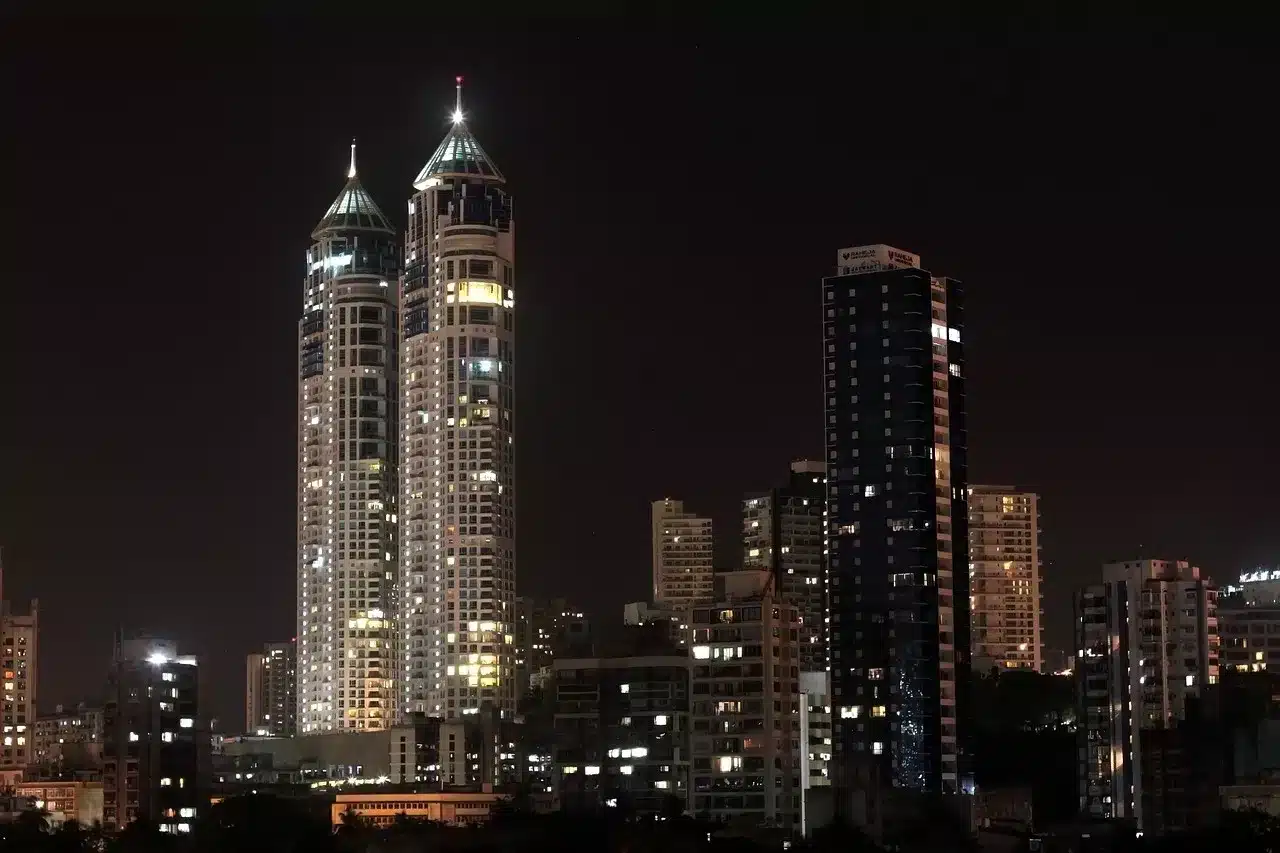The Rise of Entrepreneurship in India’s Emerging Cities
The Rise of Entrepreneurship in India’s Emerging Cities
By
David Goldfarb
Last updated:
October 31, 2025
First Published:
October 31, 2025

Photo: Poland Insight
India’s smaller cities are quietly transforming into the country’s newest engines of innovation and enterprise. Once overshadowed by economic powerhouses like Mumbai, Delhi, and Bengaluru, these Tier-2 and Tier-3 cities are now producing entrepreneurs who are building globally recognized brands, leveraging digital platforms, and tapping into local craftsmanship with a modern twist.
A New Wave of Founders Outside the Metros
Entrepreneurs like Aarushi Kilawat from Jaipur embody this transformation. Her brand, The Loom Art, founded in 2018, employs more than 500 artisans from rural and semi-urban areas to create handwoven, embroidered apparel that sells in high-end boutiques across Mumbai and Delhi, priced between ₹15,000 and ₹30,000 ($170–$350). Some of her collections even reach boutiques in the U.S. and Spain.
Three years ago, Kilawat expanded into jewelry, inspired by the surge in startup enthusiasm sparked by “Shark Tank India.” The show, which first aired in 2021 — a record-breaking year when Indian startups raised $42 billion in funding — helped normalize entrepreneurship as a household conversation.
“I’ve watched every season,” Kilawat said. “It has made entrepreneurship part of mainstream culture.”
Her story reflects a broader movement: Indian founders in small cities are no longer content to serve as contract manufacturers for larger brands. They’re building their own labels, selling directly to consumers, and scaling globally through digital channels.
Small Cities, Big Growth
According to government data, India now recognizes over 157,000 registered startups, with more than 51% originating from Tier-2 and Tier-3 cities. Lower real estate and labor costs, expanding digital infrastructure, and improved logistics networks have turned these smaller hubs into fertile ground for innovation.
Amazon India recently reported that smaller cities are “witnessing remarkable growth” on its Amazon Global Selling platform. In 2024, exporters from Karur and Erode (Tamil Nadu) exceeded $180 million in sales, while Junagadh and Anand (Gujarat) surpassed $100 million. Other rising hubs include Panipat and Haridwar, known for textiles and home goods.
“India’s wealth creation story is decentralizing fast,” said Anas Rahman Junaid, founder of Hurun India. “Cities like Coimbatore, Surat, Indore, and Lucknow are emerging as the new engines of wealth.”
One of the most striking success stories comes from Jaipur-based skincare startup Minimalist, which launched via Instagram in 2020. Within four years, it grew revenue from $3 million to $42 million, before being acquired by Unilever India in early 2025 for ₹2,706 crore ($325 million) — more than five times its annual revenue.
Digital Platforms and Local Economies
E-commerce platforms are leveling the playing field. Zaiba Sarang, co-founder of iThink Logistics, notes that “over half of daily deliveries now originate from Tier-2 and Tier-3 cities,” with outbound shipments growing faster than from metros.
The digital economy has opened doors for small-town founders, allowing them to access national and international markets without relying on middlemen. This has also encouraged direct-to-consumer (D2C) models, enabling small brands to control pricing, branding, and customer experience.
The rise of affordable smartphones and improved internet penetration — with India’s internet user base surpassing 900 million in 2025 — has fueled this entrepreneurial surge. Many new businesses now use social media marketing, influencer collaborations, and localized advertising to build customer trust.
From Factories to Brands: A Generational Shift
Historically, smaller cities like Agra, Surat, and Tirupur were known for manufacturing — leather, textiles, and garments for global retailers. Today, the next generation of these family-run enterprises is moving from bulk production to brand ownership.
“Second- and third-generation business owners are now building their own labels instead of just supplying large corporations,” said Raunak Singhvi, an angel investor focusing on emerging-city startups.
A Tirupur-based manufacturer that once supplied western wear to European brands recently launched its own direct-to-consumer fashion label. This shift from contract work to brand building reflects a new confidence among younger entrepreneurs who value identity, creativity, and digital reach over anonymity in the supply chain.
Retail Evolution: Small Brands Go Big
The post-pandemic retail landscape in India is also changing fast. Pre-2020, local or regional brands accounted for only 3% of mall space. Today, that figure has jumped to nearly 30%, according to Susil Dungarwal, founder of Beyond Squarefeet, a mall consultancy firm.
This growth has been driven by the expansion of homegrown labels that began online but now operate physical stores across Lucknow, Surat, Indore, and other regional hubs. These brands cater to rising disposable incomes and a growing appetite for locally made, high-quality products.
Government Policy and Private Capital Fueling the Momentum
India’s government has supported this trend through initiatives like Startup India, Make in India, and Digital India, offering easier compliance, tax benefits, and funding access for founders in smaller cities.
Private investors and foreign institutions are also taking note. According to Goldman Sachs, private sector investment in India’s “old economy” industries — including power, metals, and infrastructure — is showing renewed strength. SMBC’s Asia-Pacific chair Luca Tonello said institutional investors have increased allocations toward Indian infrastructure projects due to improved regulatory frameworks and government incentives.
Economists also expect that the upcoming India-U.S. trade agreement, set to be finalized soon, will further boost exports and manufacturing opportunities for mid-sized Indian cities.
The Road Ahead
From artisans in Jaipur to tech founders in Indore, India’s smaller cities are no longer on the periphery of the country’s economic map. They are its new growth frontier — building brands, creating jobs, and exporting creativity.
“Entrepreneurs from Tier-2 and Tier-3 cities are becoming bolder and taking bigger risks,” said Dungarwal. “What began as reality TV has become the new reality for thousands of business owners.”
With a combination of digital reach, generational ambition, and decentralized growth, India’s startup story is no longer just about the metros — it’s about the many cities rising behind them.
Popular articles
Subscribe to unlock premium content
The Business Behind Handcrafted Japanese Knives That Sell for Thousands

How Calm Turned Bedtime Stories Into a $1 Billion Wellness Empire

The Rise of AI Digital Pets as a Billion-Dollar Fantasy

The Business Behind Handcrafted Japanese Knives That Sell for Thousands

How Calm Turned Bedtime Stories Into a $1 Billion Wellness Empire

The Business Behind Handcrafted Japanese Knives That Sell for Thousands









